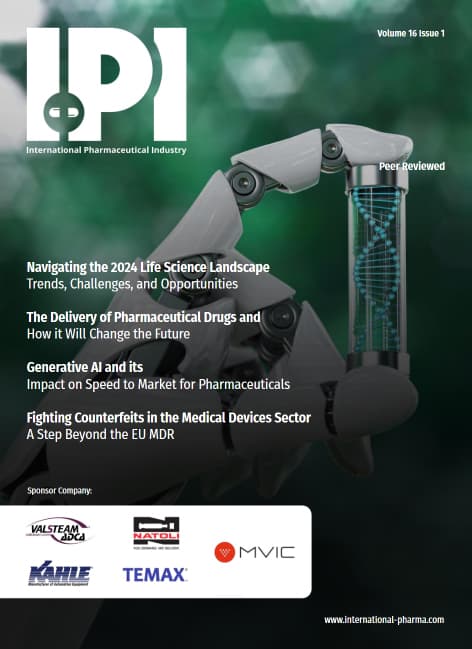Data from APHINITY study shows Roche’s Perjeta-based regimen reduces the risk of disease returning for people with HER2-positive early breast cancer
Roche, the Breast International Group, Institut Jules Bordet Clinical Trials Support Unit and Frontier Science Foundation have announced updated data from the phase 3 APHINITY study into HER2-positive early breast cancer.
Results showed the continued benefit of Perjeta – also known as pertuzumab – combined with Herceptin (trastuzumab) and chemotherapy (the Perjeta-based regimen), versus Herceptin, chemotherapy and placebo. It involves post-surgery patients and is administered intravenously among those with lymph node (LN)-positive, HER2-positive early breast cancer, who are at high risk of recurrence.
Results showed a 28% reduction in the risk of recurrence or death, corresponding to an absolute benefit at eight years of 4.9%. Meanwhile, the safety profile was consistent with previous studies.
“The eight-year APHINITY results show the great progress made in treating this aggressive form of early breast cancer,” said Levi Garraway, Roche’s chief medical officer and head of global product development. “HER2-positive breast cancers are more likely than other subtypes to recur following surgery, so targeted treatment is critical to provide the best chance for a cure.”
Professor Sibylle Loibl, chair of the German Breast Group, reflected: “The updated Aphinity data showed further reduction in the risk of cancer returning or death with a pertuzumab-based regimen in patients with LN-positive, HER2-positive early breast cancer, regardless of hormone receptor status.”
“The trend towards a survival benefit was influenced by the LN-positive cohort and additional follow-up is very important to determine possible survival benefit and long-term safety of this regimen,” she added.
The third interim overall survival analysis of the APHINITY study was conducted after a median follow-up of 8.4 years and also included updated results on invasive disease-free survival and safety.

























